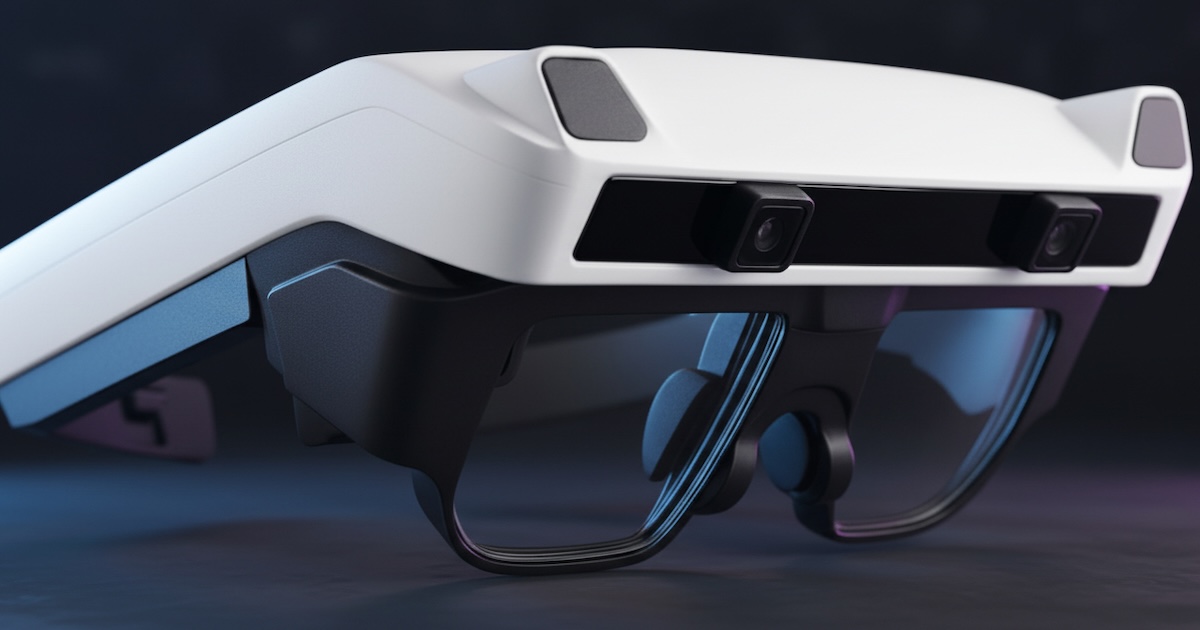When the U.S. Food and Drug Administration laid down its guidelines for regulation of mobile medical apps and devices, the prevailing thought was that a less heavy-handed approach would spur innovation and compel more providers to adopt mHealth.
That theory is now being put to the test by Ideomed, a Grand Rapids, Mich.-based developer whose Abriiz patient engagement app was recently classified by the FDA as a "medical device" – reportedly one of the first such apps to receive that classification under the FDA's new "enforcement discretion" guidelines. This means the FDA isn't going to be peering over the company's shoulder any more, and it gives company officials the leverage to market Abriiz more aggressively to providers.
Simply put, physicians don't want mHealth devices that fall under heavy federal scrutiny or that may pose a risk to themselves or their patients. What they do want, however, are tools that enable them to connect with consumers and draw in data that enhances the conversation.
[See also: 5 steps for getting payers and providers to tap mHealth apps.]
Abriiz does just that, company officials said. It connects to a number of FDA-regulated devices – including blood glucose monitors, pulse oximeters, scales and blood pressure cuffs – as well as some fitness monitors, helps consumers assess and manage their health, and then lets providers into that arena. Company CEO Keith Brophy points out that the app doesn't do anything to the information drawn from devices – a key distinction that enabled Abriiz to earn the 'medical device' classification – but it does "aggregate and leverage" that information.
"Our system is perfect for being a convergence point and a leverager," he told mHealth News.
In its guidance document, FDA officials said they would take a tailored, risk-based approach to regulation, focusing on devices and apps that actively alter or work with health information while steering clear of products that pose a minimal risk to consumers. Many of the latter products fall within the rapidly evolving consumer market, where vendors are offering apps and platforms that promise to help consumers manage their health. The driving force behind that market is to give consumers access to their own health data, then point them in directions that would lead to better health outcomes.
That's where the provider market comes into play. For providers, these apps offer the promise of a more informed patient and the potential to access physiological data that would help doctors improve clinical outcomes. But doctors won't use these apps and devices unless they're comfortable with them and with what they offer, and they want solutions that aren't obtrusive – to them or their patients.
Brophy said the FDA ruling concluded a four-year journey for Ideomed, during which company executives met often with FDA officials to explain their product. He said the company's business plan has always been to offer a platform by which consumers could manage their health and providers could improve their patient engagement efforts. In trials since 2011, he said, Abriiz has shown that it can improve health outcomes (such as fewer hospitalizations or emergency room visits) and communications between consumers and their doctors.
"Patient engagement is significant," said Brian Mack, Ideomed's director of marketing. He pointed out that consumers "are already using devices" to manage their health, and providers have to find a way to tap into that.
“Ideomed's innovative solution using smartphones to support chronic disease has the potential to significantly impact patient care in positive ways,” said Morgan Reed, executive director of the Washington, D.C.-based ACT|The App Association, in a press release. “Helping patients better manage their chronic conditions means better health outcomes and lower costs for everybody.”
Brophy and Mack said the FDA ruling gives Ideomed the leeway to "accelerate the types of solutions" that providers are looking for. Had the company chosen to develop a more complex product that would require more FDA scrutiny, Brophy feels they would have found themselves "on an island," struggling to meet federal requirements while attracting interest on the market.
"We are a behavioral motivation app that connects back to the care team," Brophy said. "For providers, that's the best of both worlds."
Related articles:
6 attributes of an mHealth 'super app'
3 sensor startups collecting population health data
FCC: 'Telemedicine, it's coming'


